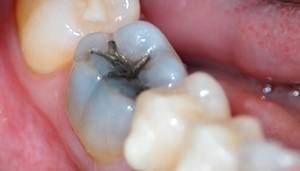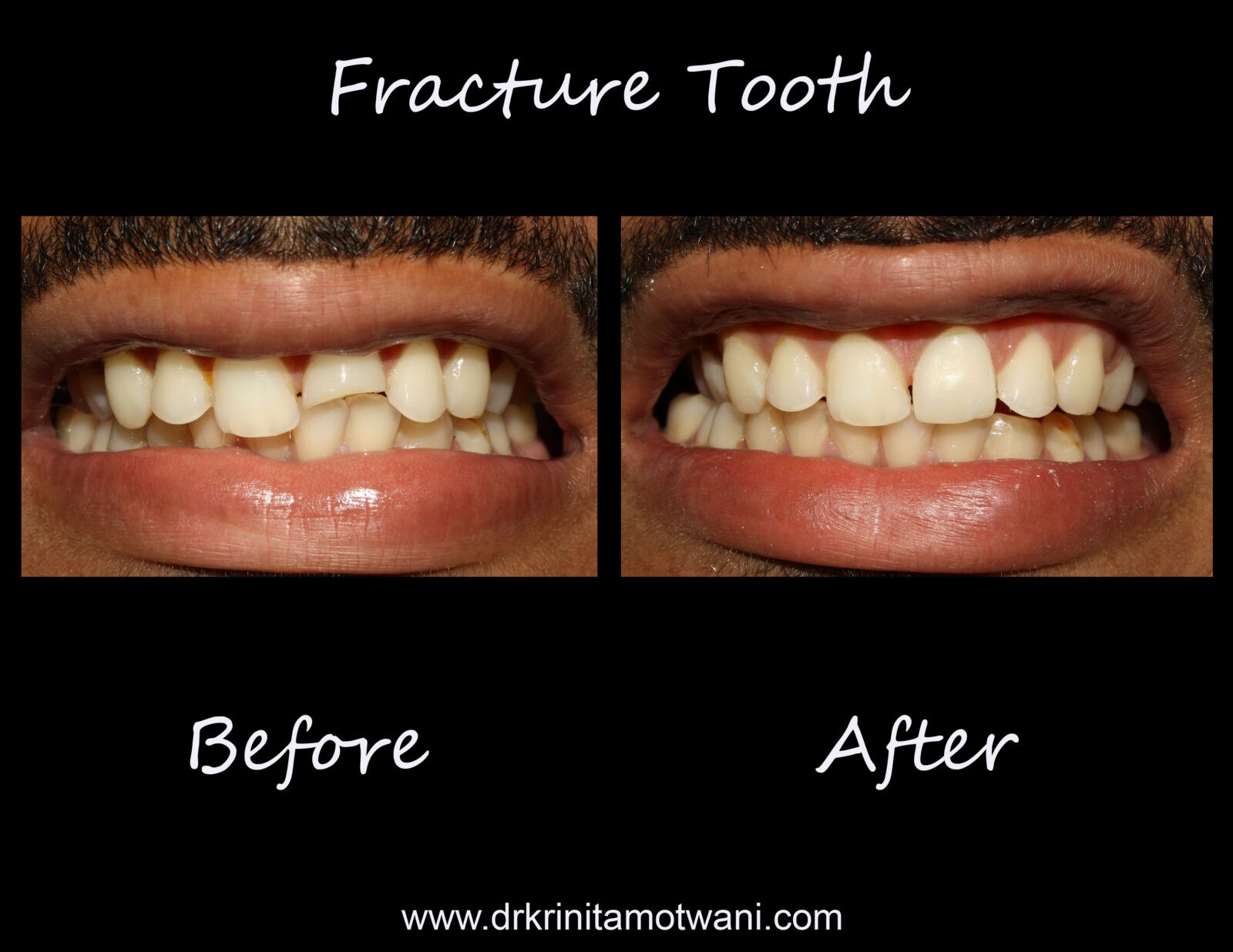What Causes 10 Months No Teeth? Expert Advice

The anticipation of seeing a baby’s first teeth can be a thrilling milestone for parents, but what if this moment seems to be delayed? For some infants, the journey to teething can be longer than expected, leading to concerns about their development. When a baby reaches 10 months without showing any signs of teeth, it’s natural for parents to wonder if there’s an underlying issue. In this article, we’ll delve into the possible reasons behind delayed teething, explore the expert advice on the matter, and discuss what parents can do to support their baby’s oral health during this period.
Understanding Teething Delays
Firstly, it’s essential to understand that the timeline for teething can vary significantly among babies. While most infants start teething around 6 months, with their first teeth (lower front teeth) typically appearing between 6 to 12 months, some might experience delays. Factors influencing teething include genetics, overall health, and nutritional factors. For instance, a baby whose parents had late teething themselves might also experience a delay.
Possible Causes
Several factors could contribute to delayed teething in babies:
- Genetic Factors: If there’s a family history of late teething, it could be a contributing factor. Genetics play a significant role in development milestones, including teething.
- Nutritional Deficiencies: Lack of essential nutrients like vitamin D, calcium, and phosphorus can impact tooth development. Ensuring the baby receives a balanced diet, either through breast milk or formula (supplemented with solid foods at the appropriate age), is crucial.
- Hormonal Imbalances: Certain hormonal conditions can affect the development of teeth. However, such cases are rare and would likely be accompanied by other noticeable health issues.
- Premature Birth: Babies born prematurely might experience delays in teething due to their overall developmental timeline being shifted.
- Medical Conditions: Certain medical conditions, like hypoparathyroidism or hypothyroidism, can affect tooth development. These conditions would typically be diagnosed through other symptoms and confirmed with medical tests.
Expert Advice
Pediatricians and pediatric dentists often reassure worried parents that delayed teething, by itself, is not usually a cause for concern. However, if parents notice any of the following, they should consult with their healthcare provider:
- Visible signs of teeth that have not erupted by 12 to 14 months.
- Difficulty feeding or signs of oral pain that could indicate an issue with tooth development.
- Other developmental delays or health concerns.
For babies experiencing delayed teething, there are a few things parents can do to support their oral health:
- Maintain Good Oral Hygiene: Even before the first teeth appear, gently wiping the baby’s gums with a clean, damp cloth can help keep the area clean and ready for the arrival of teeth.
- Provide Teething Toys: Cold teething toys or a cold, wet washcloth can help soothe gums and provide relief for a baby who might be experiencing discomfort due to teething, even if no teeth are visible.
- Consult a Pediatric Dentist: Around the age of 1, or earlier if there are concerns, scheduling a consultation with a pediatric dentist can provide reassurance and professional advice tailored to the baby’s specific situation.
Case Study: Understanding Delayed Teething
Consider the case of baby Emily, who at 10 months showed no signs of teething. Her parents were concerned, given that her older sibling had teeth by 7 months. After consulting with their pediatrician, it was determined that Emily’s delay was likely due to genetic factors, as her mother had also experienced late teething. With reassurance and guidance on maintaining good oral hygiene, Emily’s parents were able to alleviate their concerns and focus on supporting her overall health and development.
FAQ Section
What is the average age for babies to start teething?
+Babies typically start teething around 6 months, with the lower front teeth (central incisors) usually being the first to appear. However, the range for normal teething can vary from 3 to 12 months.
Can nutritional deficiencies cause delayed teething in babies?
+Lack of essential nutrients, particularly those crucial for bone and tooth development like vitamin D, calcium, and phosphorus, can potentially affect teething timelines. Ensuring a balanced diet is vital for overall health and development.
What should I do if my baby has no teeth by 10 months?
+If your baby has no teeth by 10 months, it's a good idea to consult with your pediatrician. They can assess your baby's overall health and development, providing guidance and reassurance. In some cases, a referral to a pediatric dentist might be recommended for further evaluation.
How can I support my baby's oral health before teeth appear?
+Gently wiping your baby's gums with a clean, damp cloth after feedings can help keep the area clean and prepare it for the arrival of teeth. This practice also helps your baby get accustomed to oral hygiene routines from an early age.
Is delayed teething a sign of an underlying health issue?
+Conclusion
While delayed teething can be a source of concern for parents, understanding the possible causes and knowing when to seek professional advice can help alleviate worries. By maintaining good oral hygiene practices, being aware of the potential for genetic influences, and not hesitating to consult healthcare professionals, parents can support their baby’s oral health and development. Remember, every baby develops at their own pace, and what might seem like a delay could simply be a variation of normal development. Always prioritize consulting with healthcare professionals for personalized advice and reassurance regarding your baby’s unique situation.


